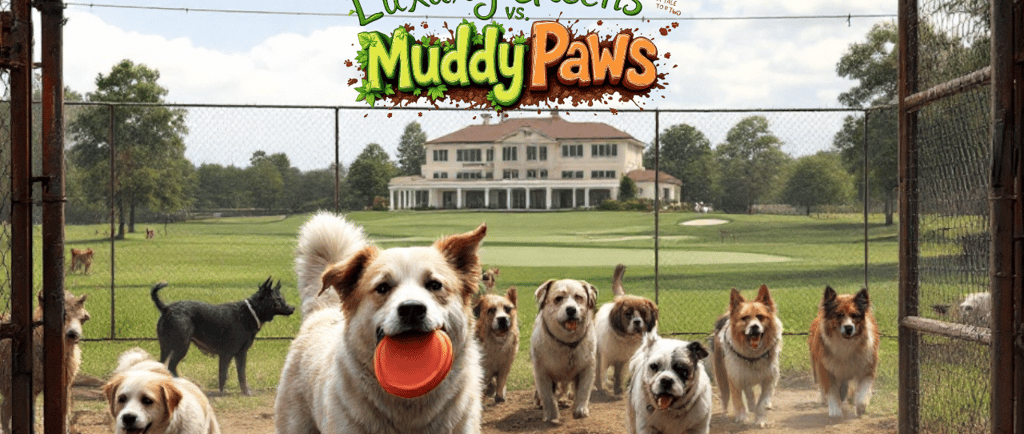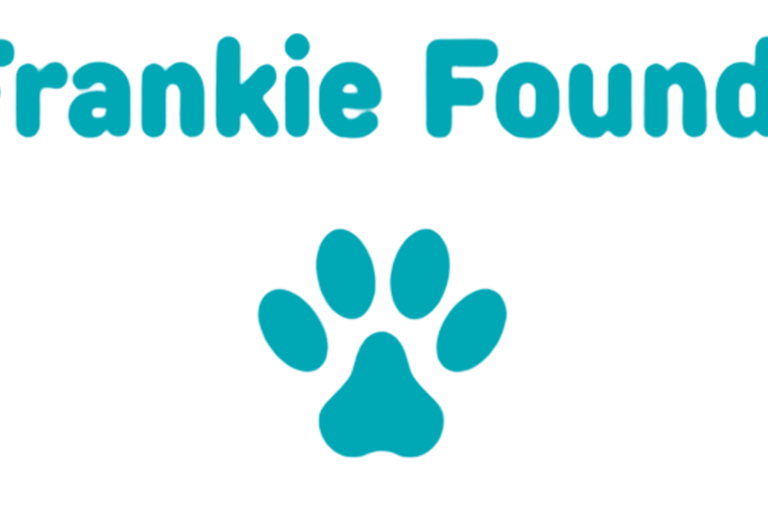Dedicated to Awareness
Breaking Down Barriers: How Golf and Animal Rescue Share More Than You Think
Golf and animal rescue may seem like worlds apart, but they share striking similarities driven by one common factor: human ego. In this insightful article, we explore how both industries, despite their differences in image and mission, are shaped by attitudes that create unnecessary barriers. Discover how a shift in perspective can lead to more inclusive, compassionate, and effective change in both worlds, offering valuable lessons for anyone involved in either.
1/5/20253 min read


Growing up immersed in the world of golf, it’s easy to see why some might view our connection to animal rescue as a stark contrast. On the surface, these two worlds seem worlds apart—golf is often associated with wealth, prestige, and an air of exclusivity, while animal rescue is raw, urgent, and driven by compassion. But dig a little deeper, and you’ll find that these two spheres aren’t as far apart as they might seem. In fact, they share a fundamental flaw that, if addressed, could make both stronger: human ego.
Golf, despite its polished image and strict traditions, is a world that thrives on ego. It’s not just the high-profile players or the elite clubs; the entire culture often revolves around status, self-image, and exclusivity. The rules, while important for structure, sometimes seem to exist more to uphold an image of perfection than to create an environment that fosters growth and inclusivity. Whether it’s players trying to maintain a certain image or golf courses enforcing strict dress codes and access restrictions, ego often drives decisions that ultimately push away potential players, making the sport less accessible than it could be.
On the flip side, animal rescue—despite being driven by a genuine desire to help—also falls victim to ego, albeit in a different form. While the intentions are undoubtedly rooted in compassion, rescue work can often be bogged down by bureaucracy, rigid processes, and unrealistic standards. Volunteers and adopters who don’t fit a certain mold may find themselves excluded, and well-meaning efforts can sometimes be overshadowed by an obsession with doing things a certain way, regardless of whether it actually serves the animals in need. The ego here isn’t about status or wealth, but about control, perfection, and sometimes, an unwillingness to adapt.
At the core of both worlds, the issue is the same: attitude. The fundamental difference between these two worlds isn’t money, as often assumed—it’s the attitude that drives actions and decisions. In golf, it’s the desire to maintain an idealized image of exclusivity and tradition, while in rescue work, it’s an inflexibility that can prevent progress. Both worlds, in their own ways, are rooted in egos that create unnecessary barriers, whether it’s excluding new players from golf or making it harder for animals to find homes due to overly rigid standards.
This insight is crucial for those in both worlds to understand. While the challenges may seem different on the surface, the underlying issues are strikingly similar. Both golf and animal rescue need to shift focus away from ego and toward inclusivity and adaptability. In golf, this means embracing diversity, welcoming newcomers, and letting go of some of the outdated traditions that no longer serve the game or its players. In animal rescue, it means finding a balance between safety and flexibility, streamlining processes to ensure that animals can find homes without being held back by unnecessary red tape or unrealistic expectations.
Imagine what could happen if these worlds learned from one another. Golf could gain structure and efficiency from animal rescue, where urgency and compassion are often the driving forces behind every decision. Meanwhile, animal rescue could benefit from the discipline, organization, and focus that golf so often embodies. If both worlds could let go of their egos, they could foster a more inclusive, compassionate future for those involved.
In the end, the divide between golf and animal rescue isn’t as wide as it seems. Both worlds have their faults, and both need to adapt if they’re to truly serve their communities. By recognizing the common thread of ego and the impact it has on decision-making, we can begin to bridge the gap between these seemingly separate worlds. And perhaps, in doing so, we’ll make them both more effective, compassionate, and open to those who can contribute to their growth.
Team Frankie


The Frankie Foundation
+49 1512 1603288
frankiefoundationalgarve@gmail.com
Tavira, Algarve, Portugal.


Copyright The Frankie Foundation 2025
